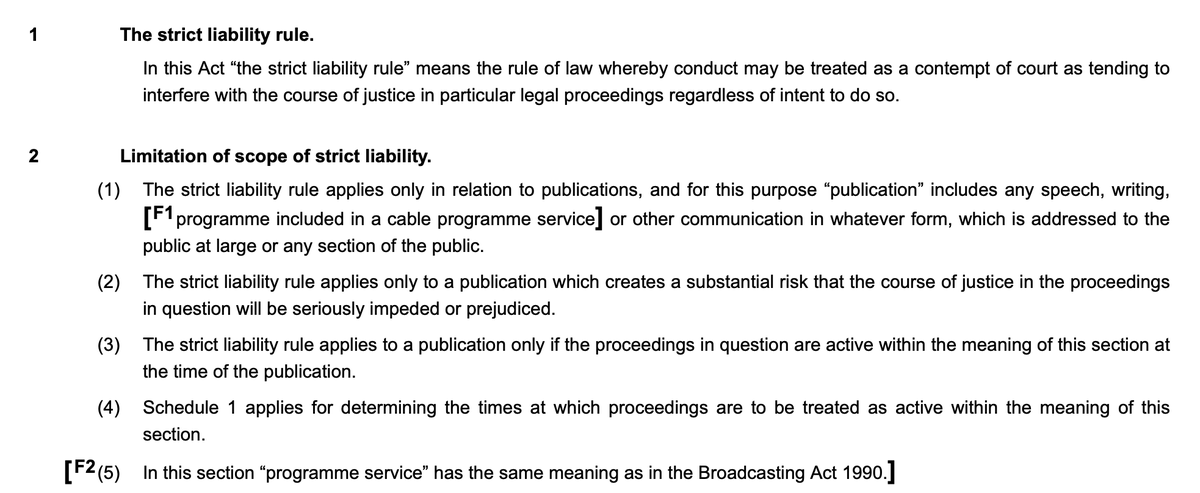
I read articles like this and it feels like there is a genuine rewriting of history going on - *I* didn't turn social activity into a criminal offence, it was the government - the same government who told us every day the rules were not trivial, they were deadly serious... 1/3 

... and the rules may have been inconsistent, or at times difficult to understand, and god knows I tried to help people with that, but 170,000+ people died and millions were infected with a potentially deadly virus. For anyone now to say, in a nakedly self-interested... 2/3
... attempt to build political cover, that this wasn't actually very serious, and it was trivial for those making the rules to also flagrantly and repeatedly breach them, and conceal those breaches, is an insult to the rule of law and obvious rewriting of history. 3/3
(link to the article I quoted spectator.co.uk/article/is-put…)
• • •
Missing some Tweet in this thread? You can try to
force a refresh






